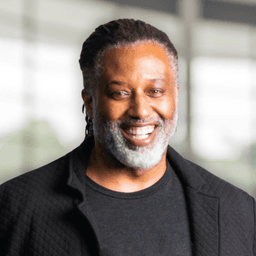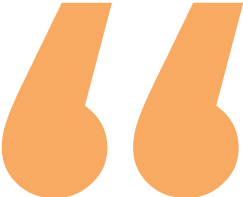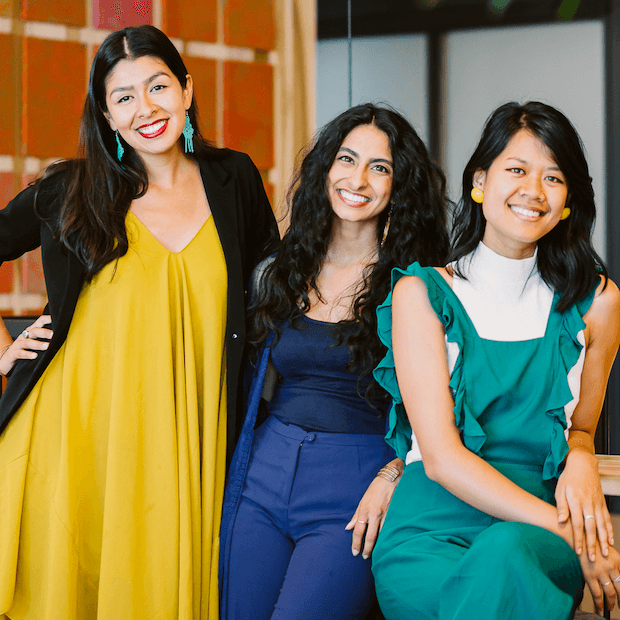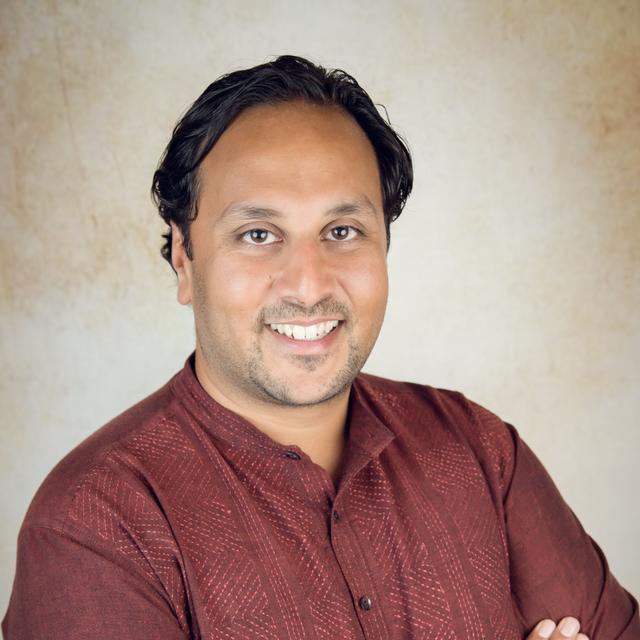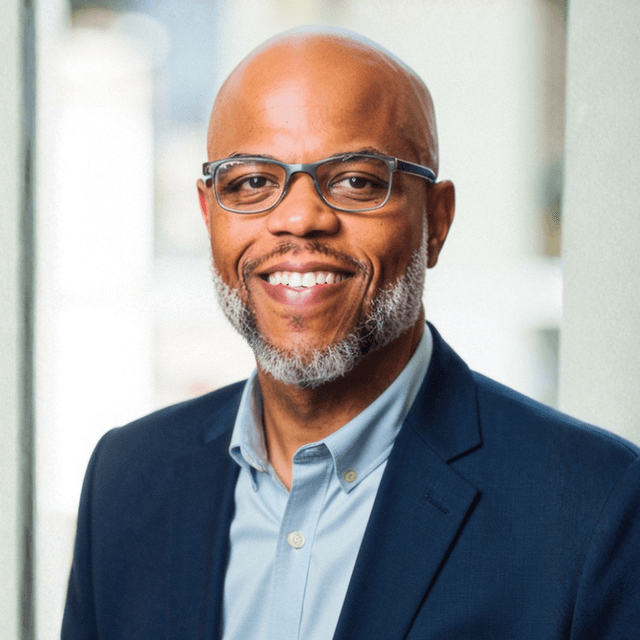Mohammed Soriano-Bilal is an educator, facilitator, strategist, and cultural leader who blends reflection, dialogue, and creativity to foster meaningful change in institutions and communities. With over 20 years of experience, he has worked with universities, nonprofits, and a range of organizations to build more connected, equitable environments.
Currently the Associate Dean and Director of the Office for Inclusion, Belonging, and Intergroup Communication at Stanford University, Mohammed leads a team of scholar-facilitators, teaches courses on dialogue and belonging, and consults on leadership development, organizational culture, and collaboration. His work focuses on helping communities engage difference thoughtfully, navigate conflict, and strengthen relationships across lines of identity and experience.
In addition to his educational leadership, Mohammed is a poet, musician, cultural worker, and speaker whose creative projects have been featured across music, television, and film. He appeared on MTV’s Real World San Francisco and has collaborated with cultural figures like Santana, Public Enemy, and Mos Def. His film projects include If I Were President, a voter engagement campaign that reached over 200,000 first-time voters of color, and Vocabulary of Change, a conversation between Angela Davis and Tim Wise produced by SpeakOut. He also directed Towards Excellence, a documentary examining equity and belonging at independent schools.
Across all of his work—whether in the arts, education, or leadership—Mohammed uses storytelling, dialogue, and reflection to help institutions and individuals move from awareness to action, building spaces where belonging is lived, courageous, and lasting.
